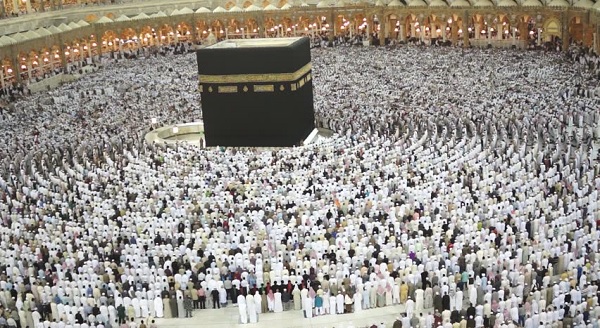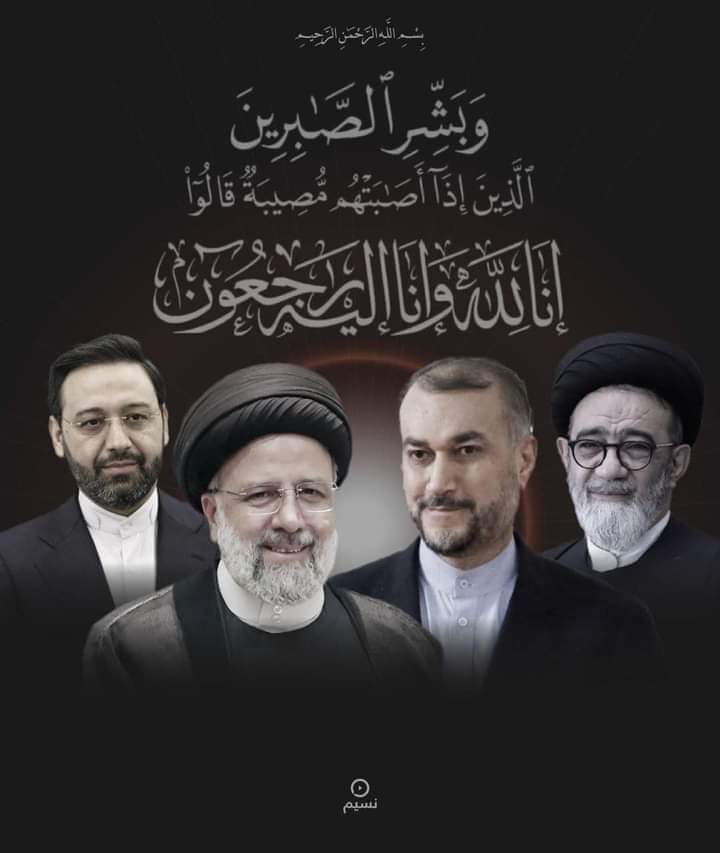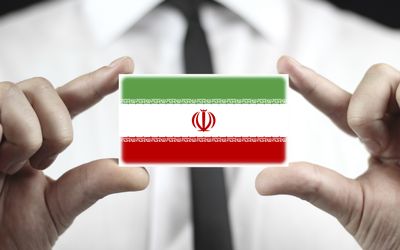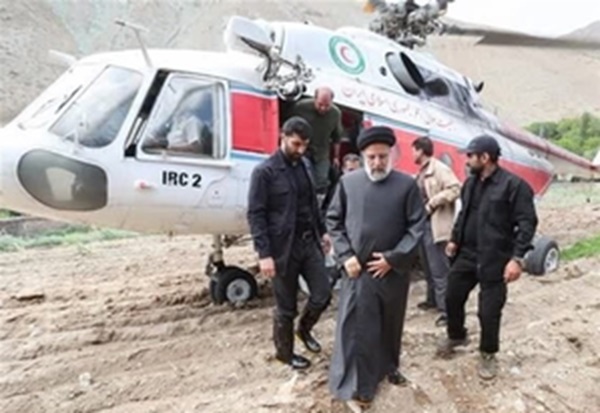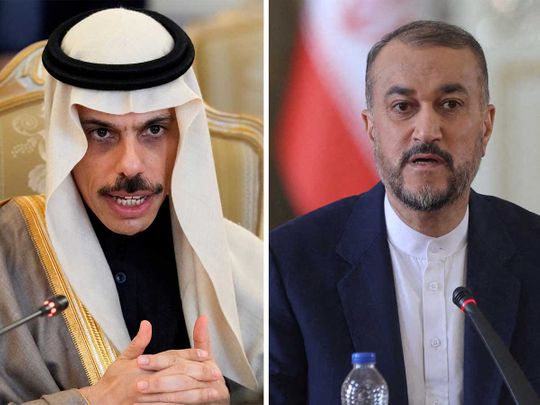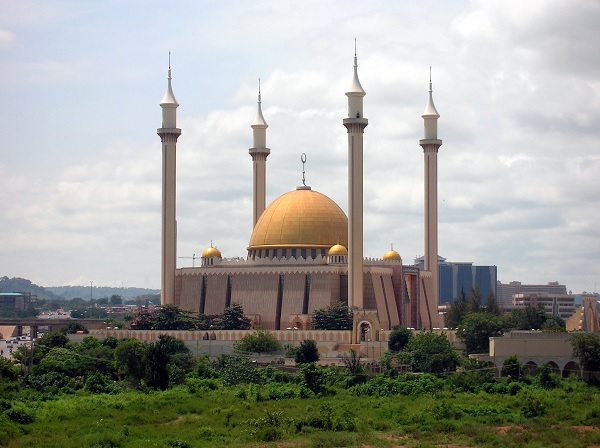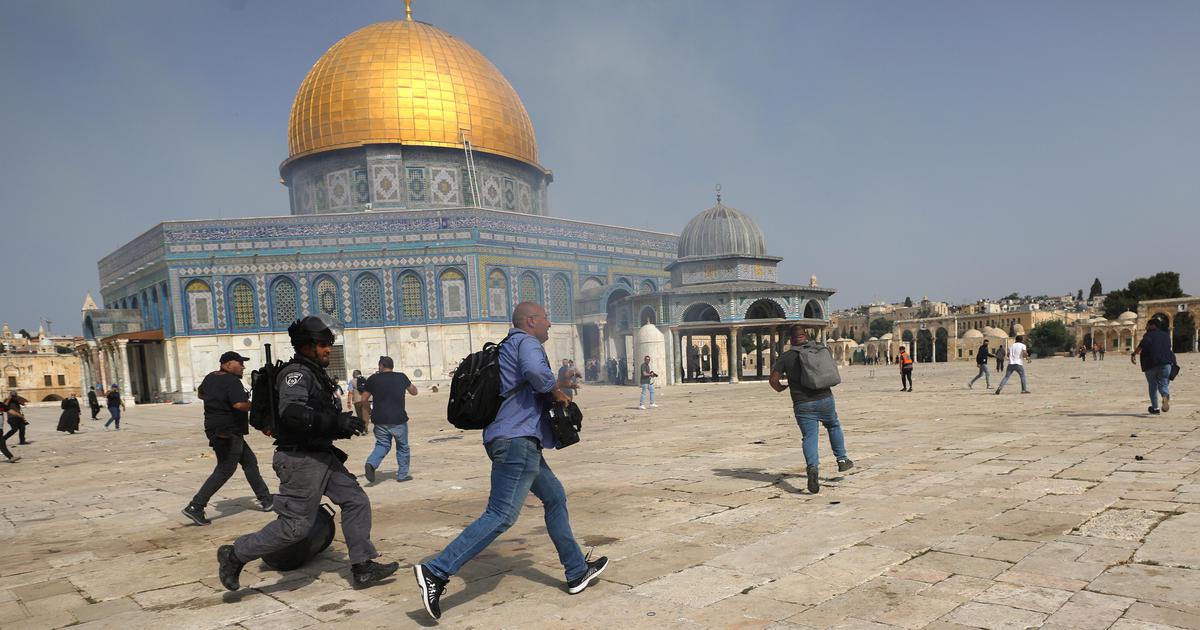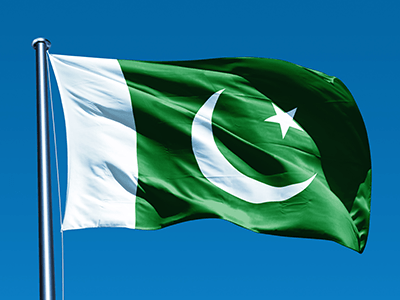The Government of India has announced that Indian Muslims will be allowed to perform Haj through the Haj Committee of India (HCoI) only once in their lifetime under the new Haj policy 2025. According to the policy draft, the regulations for seat allocation,...
